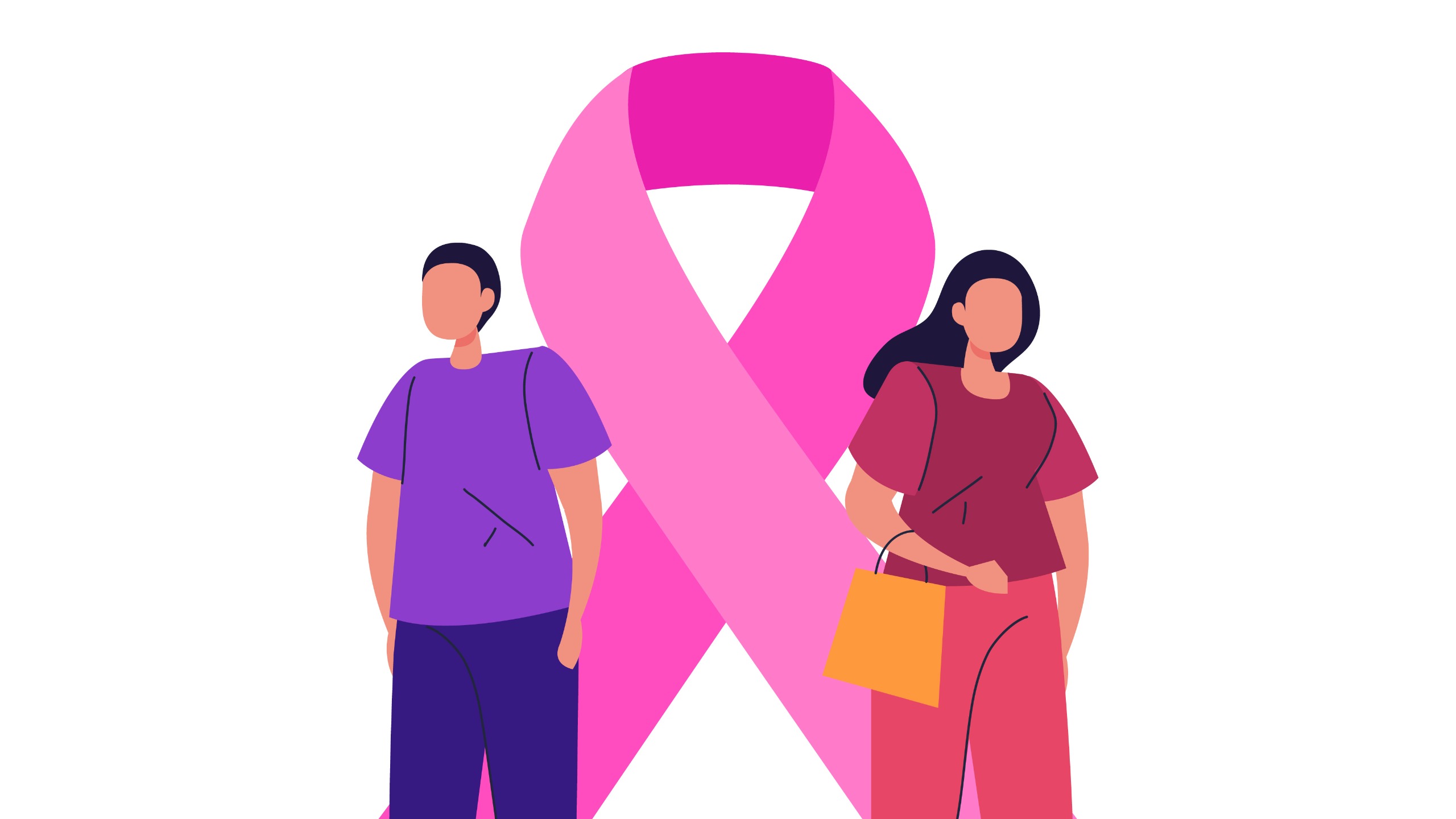How many battles do we fight in life? From the moment a child is born, the struggle begins, from the first breath. These difficulties progressively worsen with time, becoming so commonplace in daily existence that we are taught, “it’s just a part of life.” So, we accept it.
And just like these battles, us women fight our own wars. Issues such as rape, harassment, and domestic abuse are sometimes concealed behind expressions such as
“it’s a matter of honor.”
However, what “honor” do we uphold by staying silent about illness?
Every single part of our body deserves care and respect, even the parts that are stigmatized the most. This includes breast health, as breast cancer affects 24.1% of women in Pakistan. It’s time to educate children about a life-threatening disease like breast cancer, just as we discuss and make them aware of precautionary measures for other illnesses.
Myths regarding breast cancer should have been cleared up in the prior article at Mediaverse. Let me further emphasize, breast cancer does not exclusively affect elderly women only. It’s a misconception that must be addressed. Younger women can be at risk too.
According to the Breast Cancer Research Foundation (BCRF), the risk of breast cancer has increased in younger women. A few TV ads, social media campaigns, or dedicating just a month to the cause is not going to help control these surging cases. Real change will come when we reform our education system and make it mandatory in schools to teach about breast cancer: what precautions to take and how to stay informed.
Adolescent girls are the key target population for breast health education, as this is the critical period for forming life habits and attitudes. Early education, like teaching breast self-exams (BSE), helps shape health-related behaviors for the future. They may not be able to understand everything at first, but that’s how learning works, just as we learned our ABCs before becoming proficient readers and writers.
As well-educated citizens, it’s our responsibility to bring about change, and that won’t happen by merely posting a pink ribbon on social media. Like the saying goes, “Charity begins at home.” Let’s start with ourselves.
How? By stepping out of our narrow, mediocre mindsets and openly talking about breast cancer. Plenty of well-known people like Hina Khan, Olivia Munn, Sheryl Crow, Julia Louis-Dreyfus, and Cynthia Nixon are bravely sharing their experiences on social media, but what about ordinary women who frequently get instructed not to discuss her diagnosis as if mentioning the word “breast” is a sin?
As mentioned earlier, young students might not be able to understand everything at once, and that’s perfectly fine.
In order to ensure that they are not completely clueless as they grow older, the aim is to teach them the fundamentals. Including how to take care of their body, stressing all of its parts, and introducing the idea that bodies change as we grow. They should also be taught to communicate with a trusted adult if they notice anything unusual or different. Students should have information about their bodies and health at each stage of their education.
For younger students, instead of bombarding them with so much information regarding breast cancer, emphasize regular visits to doctors and the awareness of one’s body in general. As they grow older, the focus point should change towards more in-depth information:
- By collaborating with NGOs
- Conducting workshops with medical professionals
- Teaching them the importance of early detection
- How to perform Breast Self-Exams (BSE)
Both girls and boys must be involved in this discussion because knowledge and awareness are not just for women. As spouses, fathers, brothers, and friends, males play important roles, supporting and taking care of women in their lives.
Therefore, including everyone, regardless of gender, can help to remove the stigma attached to discussing breast health. And although it is a woman-predominant illness, in rare cases, men can also develop breast cancer, so this knowledge benefits everyone.
And to take the conversation further than just within those classroom walls, schools can send educational materials home where parents can discuss breast health and cancer awareness with their kids, reinforcing what kids learn in the school setting.
Second, parent seminars could be conducted to guide parents on how to handle these kinds of discussions with their children and help answer their questions.
It’s time to accept that, like any other kind of cancer, breast cancer is a medical condition. You should not be ashamed of speaking about it to your father, brother, or anyone else. Illness has no lines above or below the gender; therefore, why must we fear educating across gender?
Let’s break the barrier of silence and speak for every woman battling with breast cancer, making sure that no other woman hesitates to discuss it. Education is one of the many ways to break through all these stigmas and create a better-informed society that can help more.
It’s time for us all to step up, not just by holding symbols of awareness but by choosing to spend their hours really making conversations count.
“TOGETHER, LET’S SPEAK UP, EDUCATE, AND EMPOWER TO SHATTER THE STIGMA AGAINST BREAST HEALTH.
